Lineamientos conceptuales y metodológicos de Programa POT modernos

Este documento corresponde al primer producto del Contrato 2162574 entre RIMISP y el Fondo
Financiero de Proyectos de Desarrollo (FONADE), que tiene como propósito construir los
lineamientos conceptuales y metodológicos de la asistencia técnica que se brindará a las entidades
territoriales en el marco del Programa Nacional para una nueva generación de Planes de
Ordenamiento Territorial – POT Modernos (en adelante el Programa).
Lineamientos conceptuales y metodológicos de Programa POT modernos

Facebook Instagram Twitter Youtube Linkedin Este documento corresponde al primer producto del Contrato 2162574 entre RIMISP y el Fondo Financiero de Proyectos de Desarrollo (FONADE), que tiene como propósito construir los lineamientos conceptuales y metodológicos de la asistencia técnica que se brindará a las entidades territoriales en el marco del Programa Nacional para una nueva […]
Metodología para el fortalecimiento de capacidades de las organizaciones comunales y de base, en el marco de la ejecución compartida de obras de pequeña infraestructura comunitaria PIC del PDET.
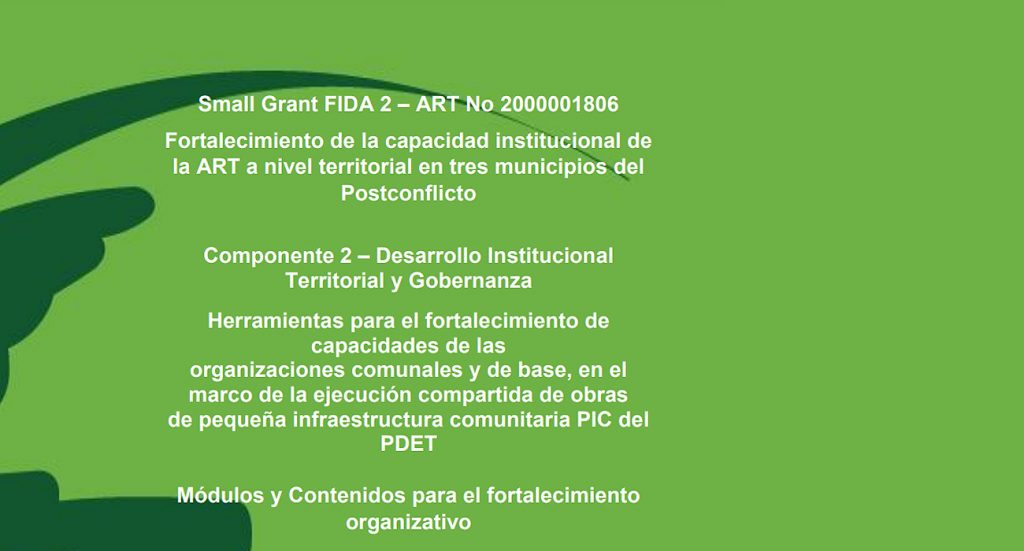
Facebook Instagram Twitter Youtube Linkedin Autores Milena Umaña Mónica Machado Lilia Sánchez Catalina Villegas El presente documento contiene los módulos temáticos elaborados como parte de la metodologíapara el fortalecimiento de capacidades de las organizaciones de la sociedad civil en el marco de laejecución compartida de las obras de pequeña infraestructura PIC. En estos módulos se […]
Metodología para el fortalecimiento de capacidades de las organizaciones comunales y de base, en el marco de la ejecución compartida de obras de pequeña infraestructura comunitaria PIC del PDET.

El presente documento contiene los módulos temáticos elaborados como parte de la metodología
para el fortalecimiento de capacidades de las organizaciones de la sociedad civil en el marco de la
ejecución compartida de las obras de pequeña infraestructura PIC.
Manual para la incorporación de la normatividad y de las políticas en ordenamiento territorial y de regulación de los usos del suelo en los procesos de formulación de los PDET
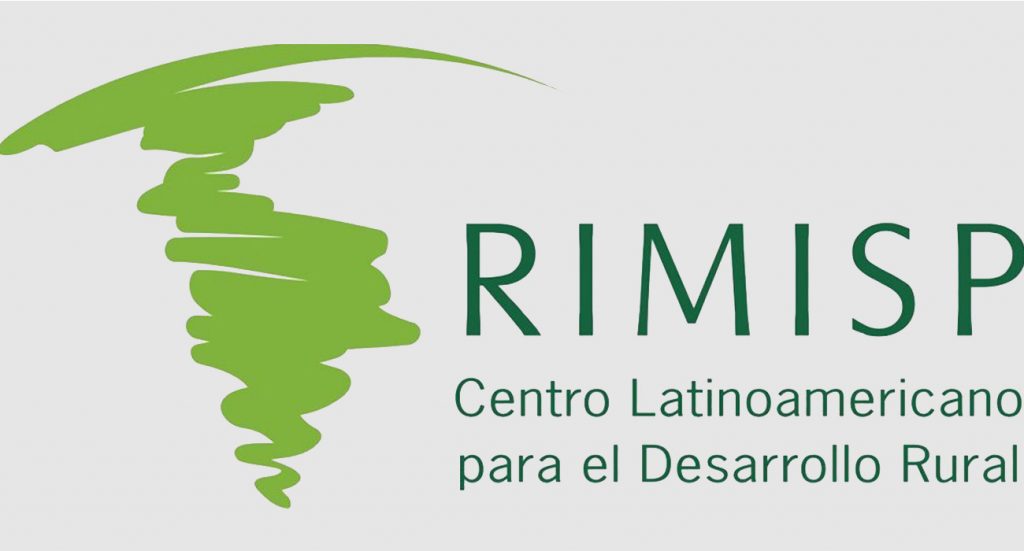
Facebook Instagram Twitter Youtube Linkedin Autores Milena Umaña Catalina Villegas Este Manual tiene como finalidad brindar información al equipo de la Agencia deRenovación del Territorio, así como a sus profesionales en territorio, sobre la incorporaciónde la normatividad y de las políticas en ordenamiento territorial y de regulación de los usosdel suelo en los procesos de […]
Manual para la incorporación de la normatividad y de las políticas en ordenamiento territorial y de regulación de los usos del suelo en los procesos de formulación de los PDET
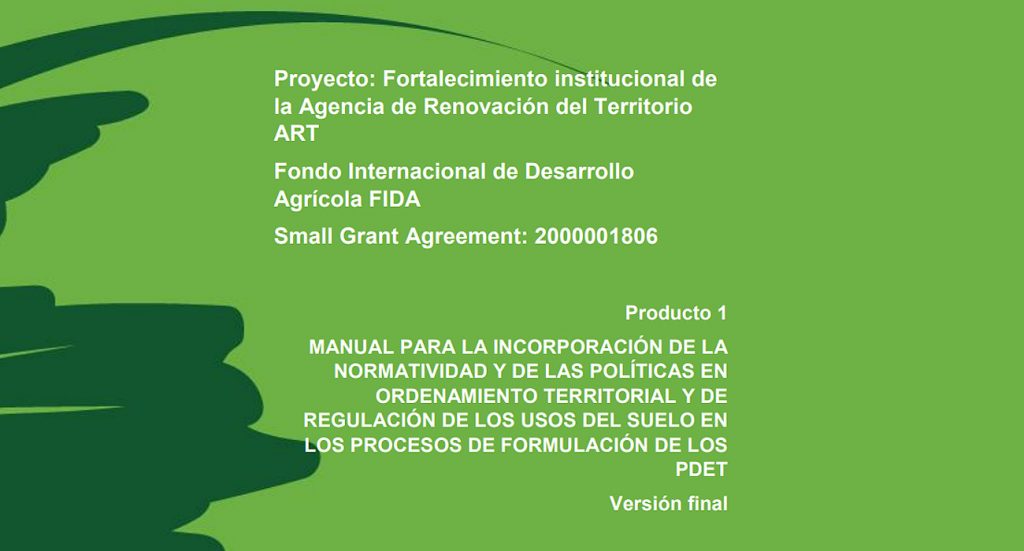
Este Manual tiene como finalidad brindar información al equipo de la Agencia de
Renovación del Territorio, así como a sus profesionales en territorio, sobre la incorporación
de la normatividad y de las políticas en ordenamiento territorial y de regulación de los usos
del suelo en los procesos de formulación de los Programas de Desarrollo con Enfoque
Territorial PDET.
Tipología de Subregiones Funcionales para Colombia partir de la OCDE: metodología y resultados
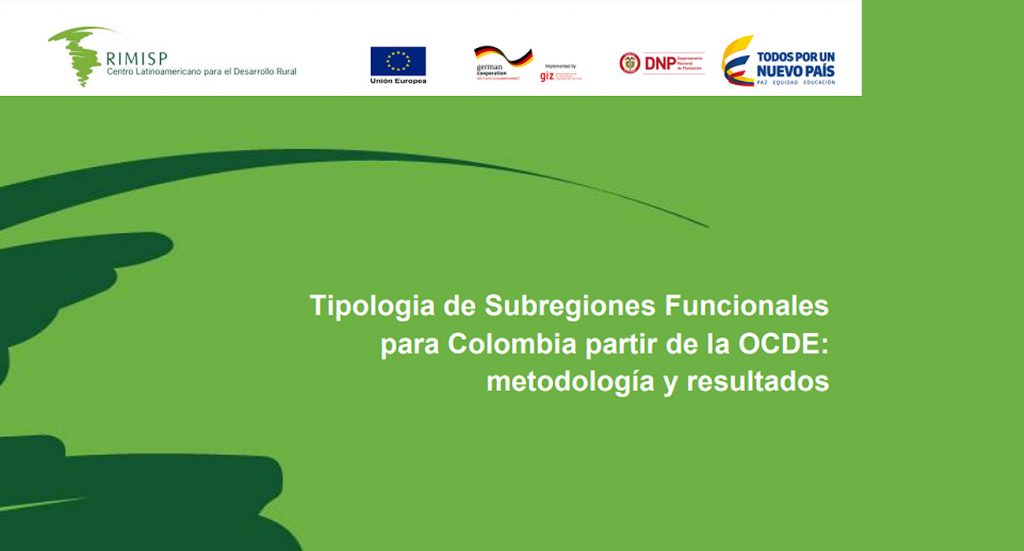
Este documento presenta la metodología para la identificación de tipos de regiones Territorial Level 3 de acuerdo con la tipología diseñada y utilizada por la Organización para la Cooperación y el Desarrollo Económicos (OCDE), y los resultados de la aplicación de dicha metodología para las subregiones identificadas por RIMISP en el marco de este proyecto.
Tipología de Subregiones Funcionales para Colombia partir de la OCDE: metodología y resultados

Este documento presenta la metodología para la identificación de tipos de regiones Territorial Level 3 de acuerdo con la tipología diseñada y utilizada por la Organización para la Cooperación y el Desarrollo Económicos (OCDE), y los resultados de la aplicación de dicha metodología para las subregiones identificadas por RIMISP en el marco de este proyecto.
Lineamientos conceptuales y metodológicos para la definición de una subregionalización funcional en Colombia
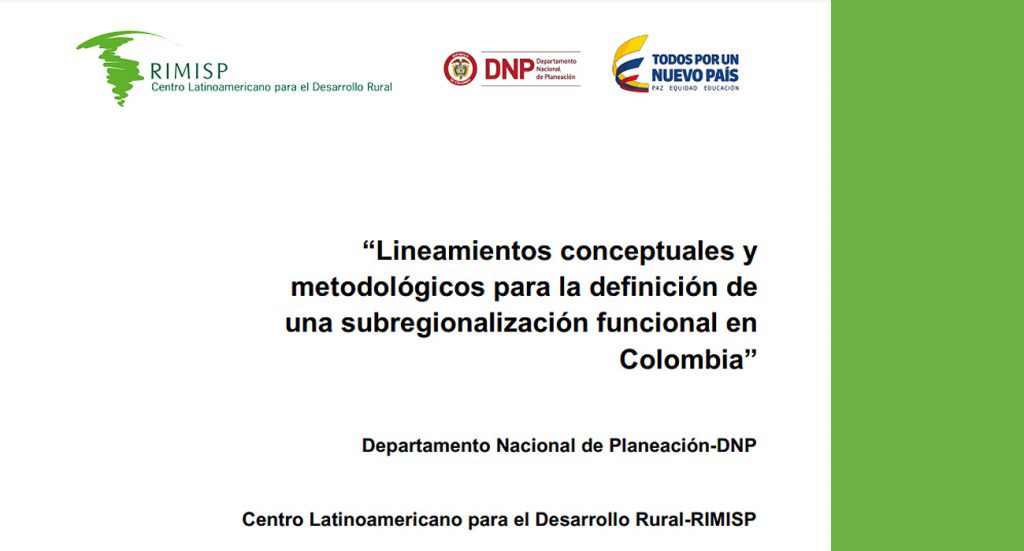
Este proyecto se construye sobre esfuerzos previos del DNP para abordar el análisis del territorio desde diferentes perspectivas como la identificación del Sistema de Ciudades dentro de los trabajos de la Misión para el Fortalecimiento del Sistema de Ciudades, las categorías de ruralidad de la Misión de Transformación del Campo, la identificación de territorios funcionales en la Dirección de Desarrollo Rural Sostenible (DDRS), y los propios esfuerzos de subregionalización de los últimos Planes de Desarrollo, Prosperidad para Todos (2010-2014) y Todos por un solo País (2014-2018).
Identificación y caracterización socio-económica de territorios funcionales urbano-rurales en el Salvador, Centroamérica
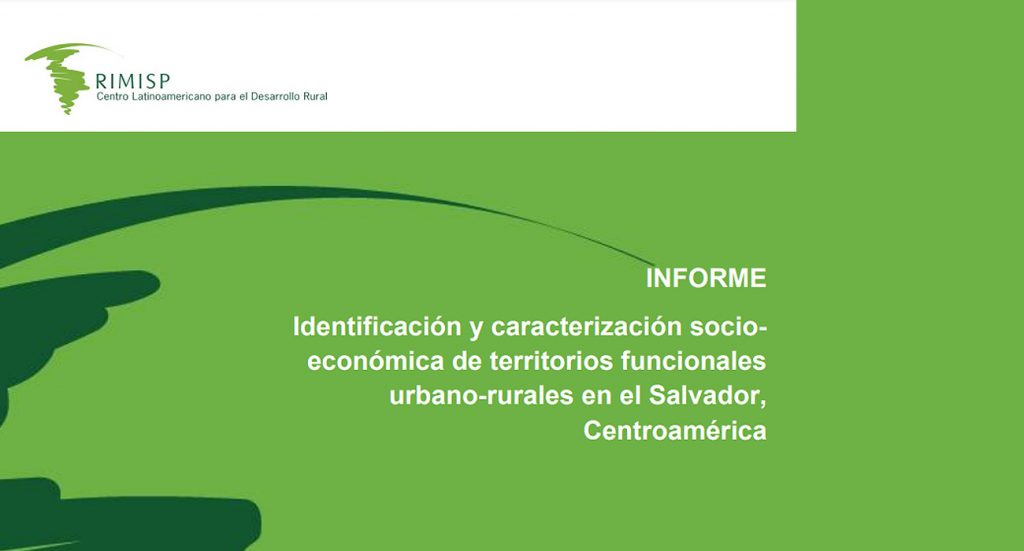
La investigación se enmarca en los estudios sobre el desarrollo territorial, un proceso que, para dar los frutos esperados, debería ser integral, sistémico, intersectorial y multinivel.